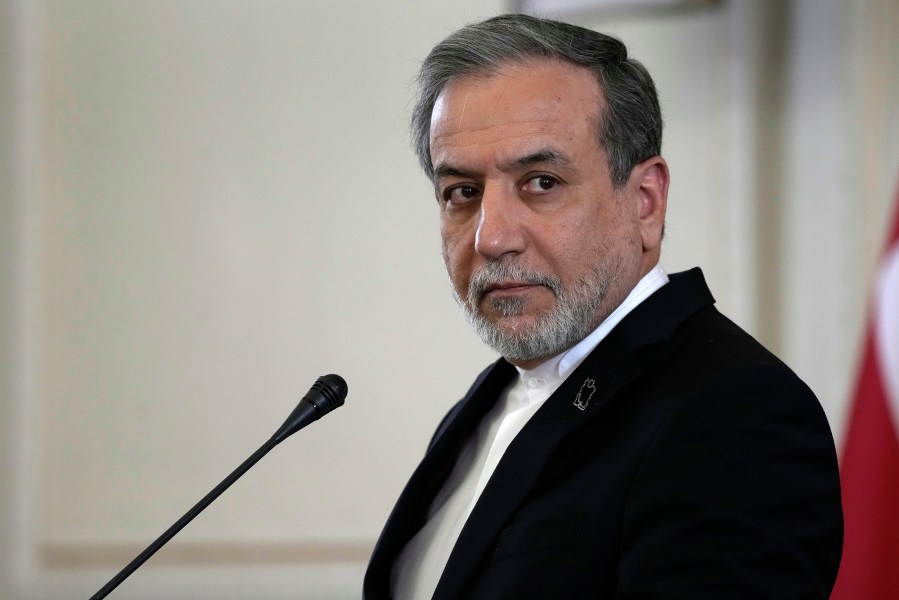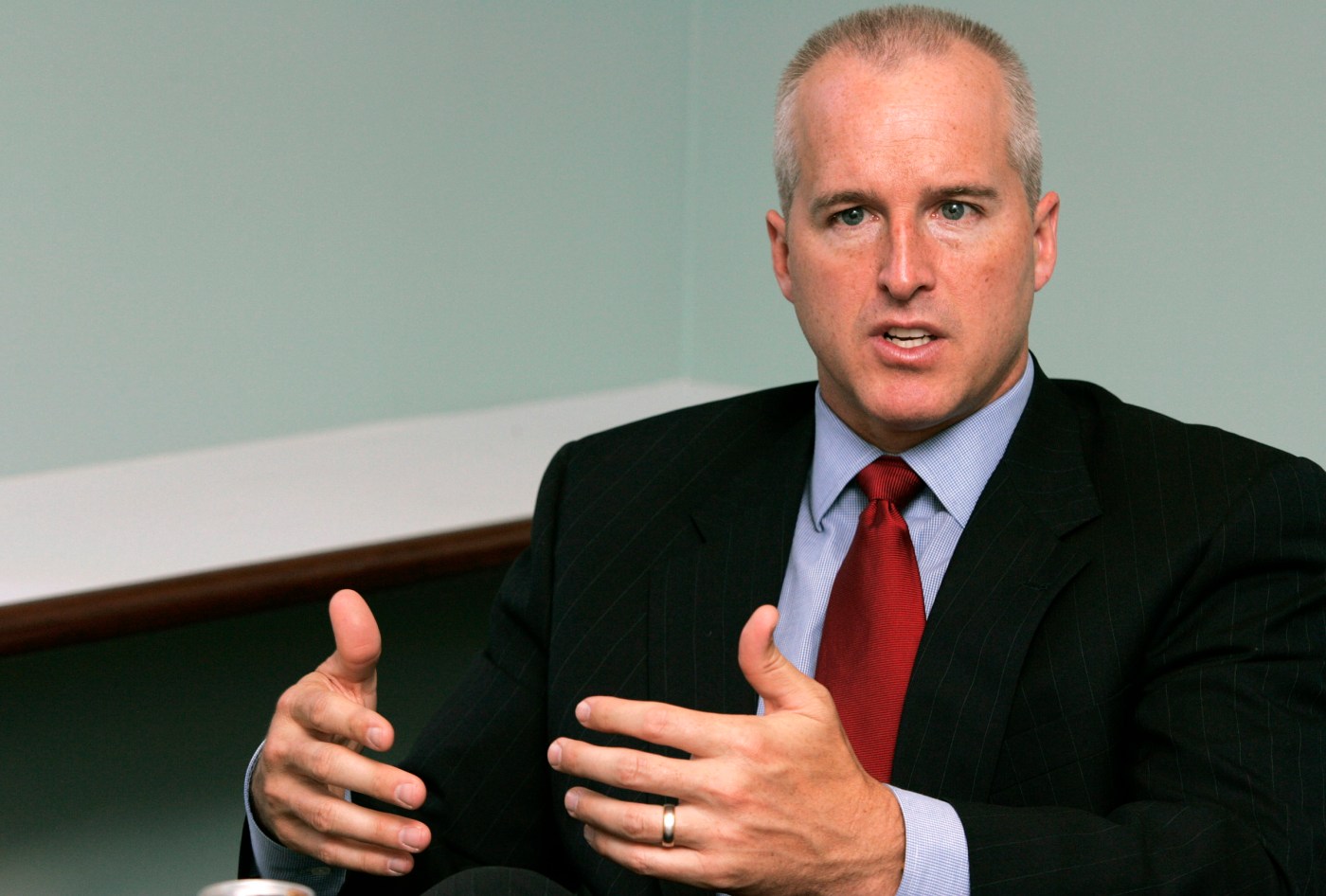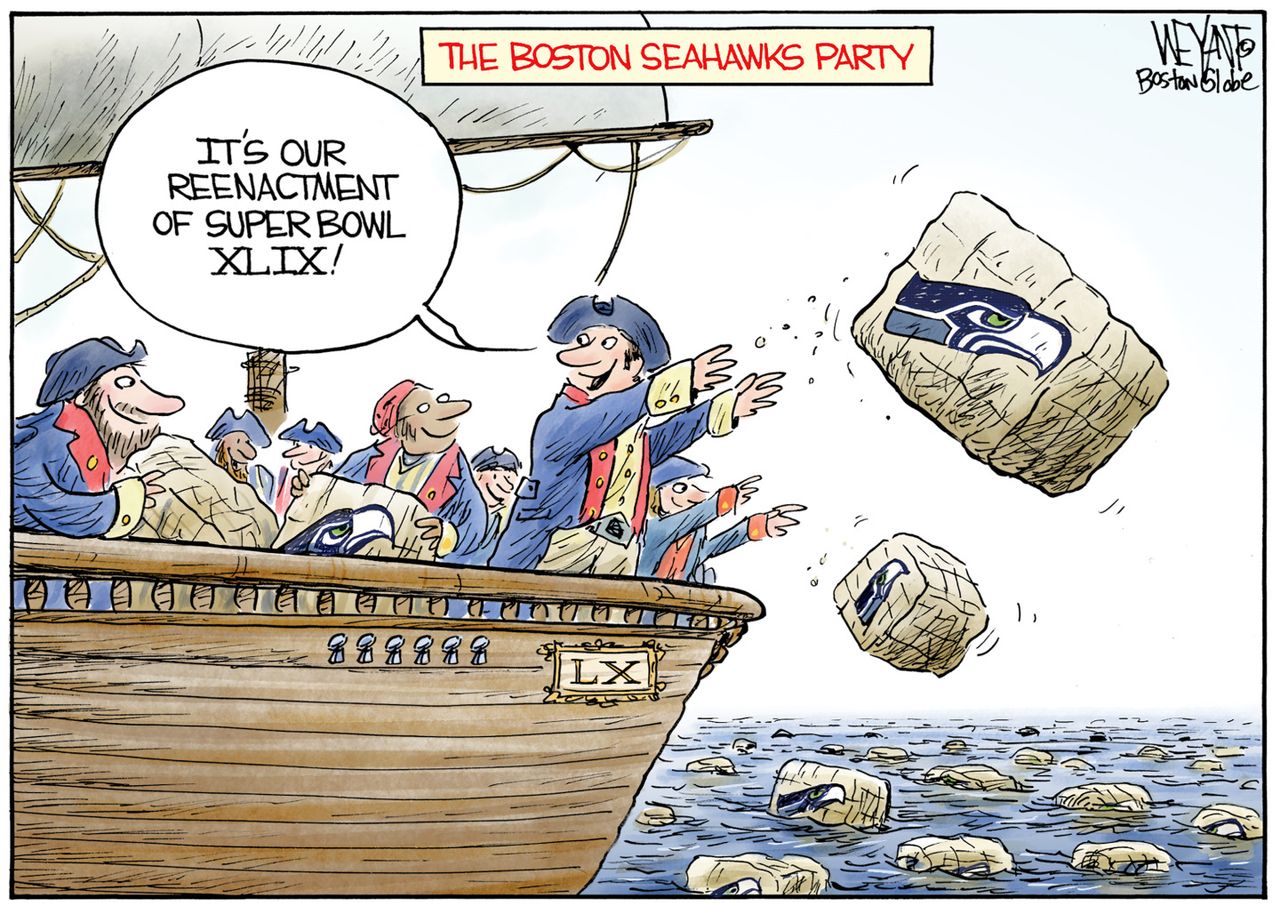
UPDATE: New reports reveal that as the number of millionaires rises, many are grappling with profound loneliness and strained relationships. The emotional fallout of newfound wealth is hitting home for many, with friends and family often distancing themselves from those who have struck it rich.
Lisa Johnson, who became a millionaire after launching her business strategy career, saw her life transform dramatically over the past eight years. She paid off her £35,000 debt (around $44,800) and built a fortune exceeding £20,000,000 (approximately $25 million). However, she also faced an unexpected social fallout: “They just ghosted me — disappeared,” Johnson told Business Insider.
This growing trend highlights a critical issue: as self-made millionaires emerge, their relationships often suffer. With over 6% of the U.S. population now classified as millionaires, the phenomenon of wealth-induced isolation is becoming alarmingly common. Many individuals report feeling judged or misunderstood by friends who cannot relate to their new lifestyles or financial priorities.
Lane Kawaoka, another self-made millionaire, shared his experience of loneliness stemming from a shift in mindset. “My coworkers didn’t understand things I found important,” he explained. As he pursued his financial goals, discussions with old friends became strained, leading him to withdraw from conversations to avoid appearing boastful.
Former firefighter Jeremy Barker echoed this sentiment. After launching a successful company, he found himself working longer hours and drifting away from his firehouse colleagues. “I wasn’t spending as much time with them because I had different priorities,” Barker said. Over time, invitations dwindled, leaving him feeling isolated.
The stigma surrounding wealthy individuals also adds to the complexity. Amanda Clayman, a financial therapist, noted that societal perceptions often lead to millionaires feeling like they cannot share their struggles. “The world is not very compassionate to that kind of trouble and pain,” she stated.
Tensions often arise when money enters the picture, particularly in family dynamics. Joy Slabaugh, a millionaire and financial therapist, faced a significant rift when a relative requested a loan. “I was afraid that giving them money — even as a loan — might be more harmful than helpful,” she reflected. Despite setting up a clear repayment plan, months of silence followed due to the emotional strain of the arrangement.
Experts suggest that openness is crucial in maintaining relationships. Clay Cockrell, a licensed clinical social worker, emphasizes the importance of forming genuine connections, regardless of net worth. “You need community,” he stated.
For many millionaires, the path to reconnecting involves forming bonds with others who understand their unique experiences. Kawaoka found solace in befriending fellow first-generation millionaires, leading him to feel less isolated. These connections foster a sense of belonging as they navigate the complexities of wealth together.
While giving back can be an avenue for connection, it must be approached with caution. Cockrell advises engaging with communities beyond financial contributions. “Don’t just write the check,” he urged. “Get out there and meet people so that it’s not just about the money.”
As the wealth gap continues to widen, the emotional ramifications of newfound riches are becoming increasingly relevant. Johnson’s annual yacht trip with her long-term friends serves as a reminder of the importance of nurturing those relationships. “I know I can trust them because they liked me before I made my money,” she said.
The urgent need for millionaires to address the impact of their wealth on relationships cannot be overstated. Understanding the emotional complexities of wealth is essential to preserving meaningful connections. Sharing these experiences could transform the conversation around wealth and loneliness, paving the way for more compassionate discussions about the challenges faced by the affluent community.






